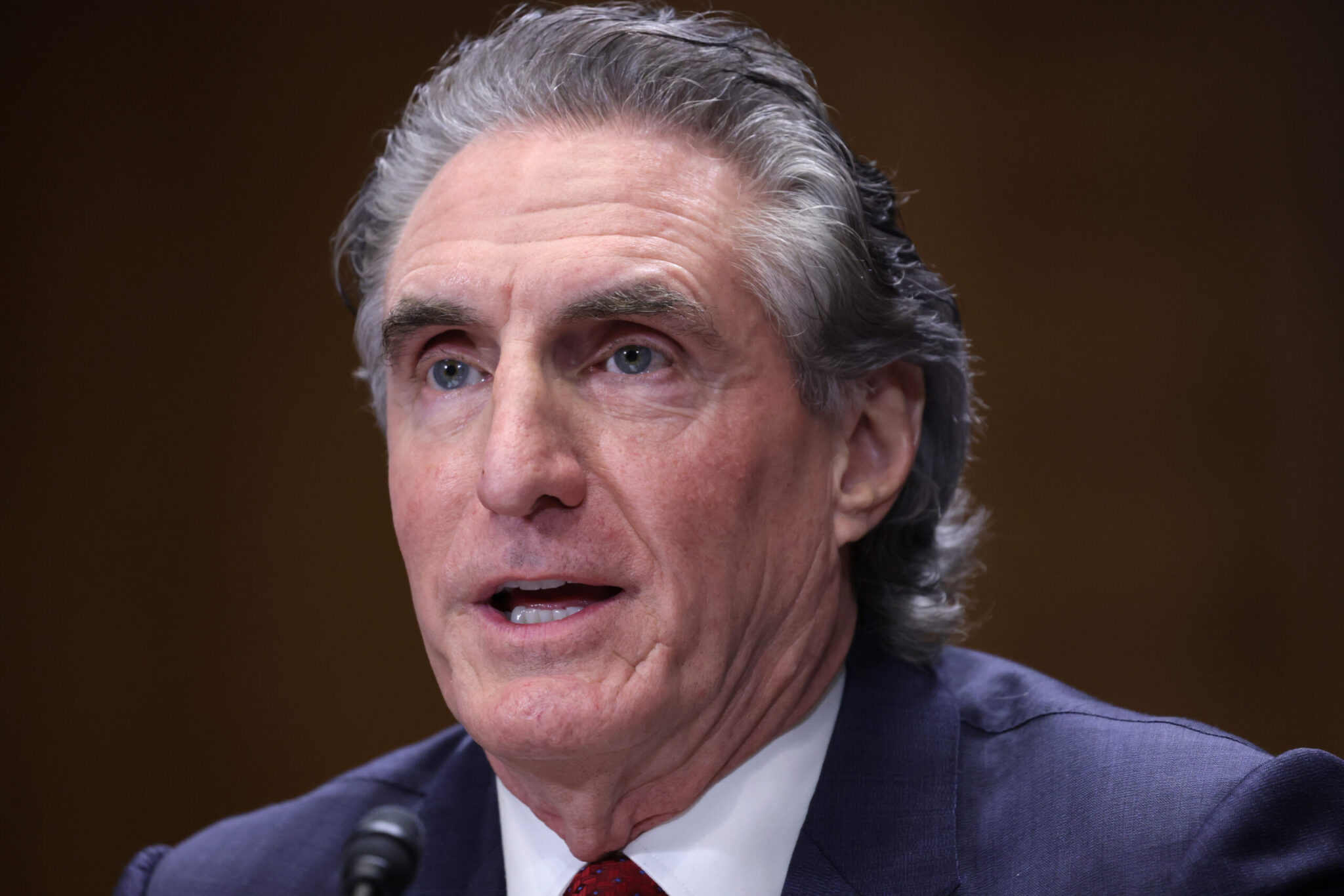
## Doug Burgum’s Interior Department Nomination: A Legacy of Lawsuits and Industry Ties
Doug Burgum’s nomination to lead the Department of the Interior (DOI) under President Donald Trump presents a complex picture. During his tenure as North Dakota governor, the state, under Burgum’s leadership, repeatedly challenged DOI regulations through nearly 40 lawsuits against the federal government. These legal battles, many of which are ongoing, highlight Burgum’s perspective on federal land management and its implications for his future role. The DOI’s vast responsibilities – encompassing water policy, national parks, resource leasing, services in Indian Country, and the management of vast public lands – makes Burgum’s approach particularly significant for the American West.
Burgum’s confirmation hearing before the Senate Committee on Energy and Natural Resources revealed his view of the DOI as central to geopolitical strategy. He emphasized the importance of expanding domestic energy production, including nuclear, coal, oil, and gas, framing it as a national security imperative. He downplayed the significance of climate change, suggesting unproven carbon capture technology as a solution and criticizing renewable energy subsidies. The committee advanced his nomination to the full Senate.
An examination of North Dakota’s lawsuits, along with Burgum’s financial disclosures and public statements, reveals deep ties to the oil and gas industry. This connection is arguably a key factor in shaping his policy positions. Several lawsuits directly targeted DOI initiatives, including a challenge to the Public Lands Rule – which emphasized conservation alongside resource extraction – and a bid to overturn methane emission limits for oil companies. North Dakota also supported Utah’s ultimately unsuccessful attempt to dismantle the federal public lands system. While some of these actions align with broader Republican stances on energy policy, the extent of the state’s legal challenges points to a more radical stance advocating for a significant reduction in federal land and water regulation.
Despite repeated requests for comment, Burgum’s office declined to address whether he would recuse himself from matters related to the lawsuits filed by North Dakota. However, his public statements and actions clearly indicate his strong support for these legal challenges. He urged state lawmakers to fully fund the litigation and cited it during his confirmation hearing as evidence of his commitment to increasing oil and gas leasing on public lands. He further characterized the Biden administration’s environmental policies as an “existential threat.”
Burgum’s nomination has garnered mixed reactions. While some outdoor recreation groups and tribes voiced support, conservation groups strongly oppose his appointment, labeling him an “anti-public lands zealot.” This division reflects the fundamental disagreements over federal land management, particularly in Western states with significant public land holdings. The Bureau of Land Management, a DOI agency, oversees an area more than five times the size of North Dakota, underscoring the significance of these disputes at the local level.
Two major legal battles will further shape the future of federal land management: a Utah lawsuit challenging federal oversight of public lands, and ongoing disputes surrounding the Antiquities Act. North Dakota, while not a named plaintiff in the Utah case, filed a friend-of-the-court brief supporting Utah’s position. Burgum’s expressed sympathy for Utah’s argument, echoing Senator Mike Lee’s description of Western states as “floating islands,” highlights his alignment with those seeking to curtail federal authority. Regarding the Antiquities Act, Burgum advocated for a limited interpretation of the president’s power to designate national monuments, a position at odds with many tribes and conservation groups who support the protection of culturally and environmentally significant lands. This directly impacts the Maah Daah Hey National Monument proposal in North Dakota, which Burgum has opposed due to concerns about oil and gas drilling.
Beyond DOI lawsuits, North Dakota, under Burgum’s leadership, was involved in numerous legal challenges against the Environmental Protection Agency and other federal agencies concerning environmental regulations. The consistent theme across these cases is the belief that federal regulations impede oil and gas development, a perspective deeply tied to North Dakota’s status as a major oil and gas producer and Burgum’s close relationships with the industry. This includes an appeal of a BLM land-use plan that restricted leasing, and a lawsuit challenging the Bureau of Land Management’s mineral lease sales process.
Burgum’s close ties to the oil industry are well-documented, including significant campaign contributions and his association with oil magnate Harold Hamm. While he has committed to divesting from energy-related holdings and avoiding conflicts of interest, concerns remain regarding his impartiality.
The DOI’s responsibility to Native American tribes also raises questions about Burgum’s leadership. While he fostered positive relationships with some North Dakota tribes, the state under his leadership also took positions opposing tribal interests on issues like the Dakota Access Pipeline and the Bureau of Land Management’s Public Lands Rule. This dichotomy underscores the potential for conflicting priorities within his approach to managing the department’s responsibilities to Indian Country. The ultimate success of Burgum’s leadership will hinge on how effectively he navigates these competing interests and fulfills the federal government’s trust responsibilities to tribes.
Author: Mary Steurer, Minnesota Reformer, January 27, 2025. This article was produced for ProPublica’s Local Reporting Network in partnership with the North Dakota Monitor.

